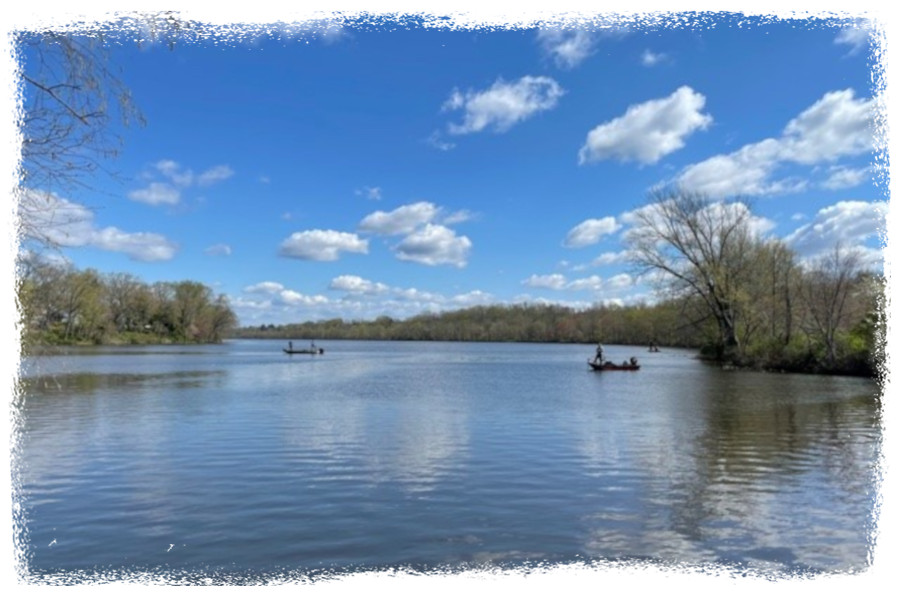I am currently reading, Adam Grant’s new book, Think Again: The Power of Knowing What you Don’t Know. In the book he presents a chapter on what successful expert negotiators do differently. I thought this was worth sharing since this is useful information that can be used by all of us.
Much of our lives are negotiations with those around us – our family, friends and co-workers. Often these negotiations may feel like someone “won” or “lost.” One of my favorite lessons from Stephen Covey’s Seven Habits of Highly Effective People is related to this topic, “Think Win-Win.” How can both sides benefit and get more of what we want, instead of the win-lose. If we look for it and try for the win-win, it is more likely to happen. Often a shift in perspective or learning more information can help with accomplishing this.
Adam Grant talks about how most normal negotiations are viewed as a battle or war of trying to convince the other side of something while the successful negotiators view it more as an “unchoreographed dance,” where both sides must move to create something new and better.
The five main differences of expert negotiators are:
1) Finding Common Ground – The expert negotiators spent one third of their planning on finding common ground. Finding and making notes of the places where the two sides agree. They acknowledge where they agreed with the other side and also what they learned from them, authentically.
2) Fewer Reasons – The experts presented fewer reasons to support their case. They only chose the strongest arguments so that they did not dilute their best points with weaker ones. They focused on the most important and strongest information because sometimes less IS better.
3) Less Defend and Attack – The average negotiators had more than three times the number of defend and attack instances than the experts. Much more often the non-expert negotiators would shoot down their opponent’s proposals and more forcefully double down on their own positions. This created more resistance and digging in and prevented both sides from opening their minds to other ideas, options or possibilities. The expert negotiators did not go on offense or defense as much. Instead, they expressed genuine curiosity and trying to learn and understand more, like a scientist.
4) Ask More Questions – The expert negotiators asked about double the number of questions to get more information and learn more from the other side. The questions helped open up the conversation and the ideas.
5) Talked about their Feelings – The expert negotiators would comment on their feelings about the current situation and the process. They would also ask the other side about how they were feeling. When things were stuck or seemed immovable, they would switch to having a conversation about the conversation, the process, and the way they were talking, instead of about the original topic.
This sounds like good advice we can use every day in many situations.
I know I love questions. I have a much easier time responding to questions than just volunteering what I am thinking and how I am feeling. If in doubt, or feeling stuck, be curious and ask more questions – to yourself and to others.
There is so much division and closed mindedness in our society right now. I think if we all could ask more questions, open up and listen, really listen to each other, and look for the common ground more good would come of it. We need more connections, growth and openness for progress happen. Some of our assumptions are wrong. We need to look for the truth and celebrate the learning when we find out we are wrong, instead of worrying about “being wrong” and making mistakes.
It can be challenging to open ourselves up to new ideas and admit that we are wrong or did not understand the whole situation. Often we don’t. Often we don’t know all the facts. We don’ know how someone else is feeling or what is triggering them to react a certain way. Talking about feelings is also a common theme I have been hearing and learning a lot about this past year.
I like the focus on not winning and “being right” but instead to focus on creating something new where both parties win and make something better than they imagined. It takes risk and movement in order to dance. Let’s learn to “dance” and negotiate with each other from a place of authentic curiosity, wanting to learn the truth, and looking for the win-win.
Wishing you only the best,
Tara


Recent Comments